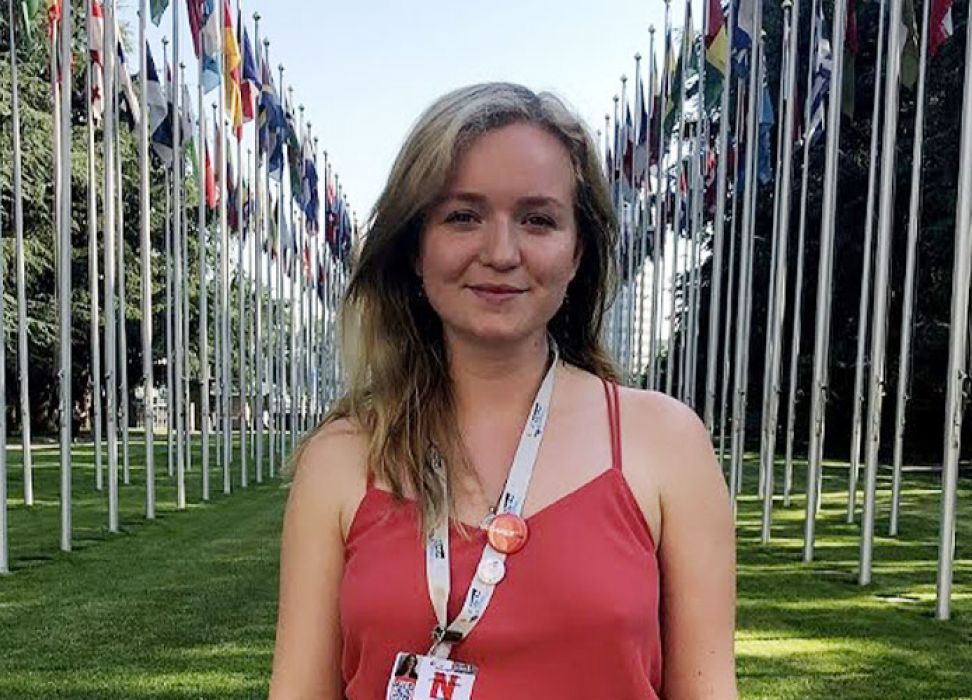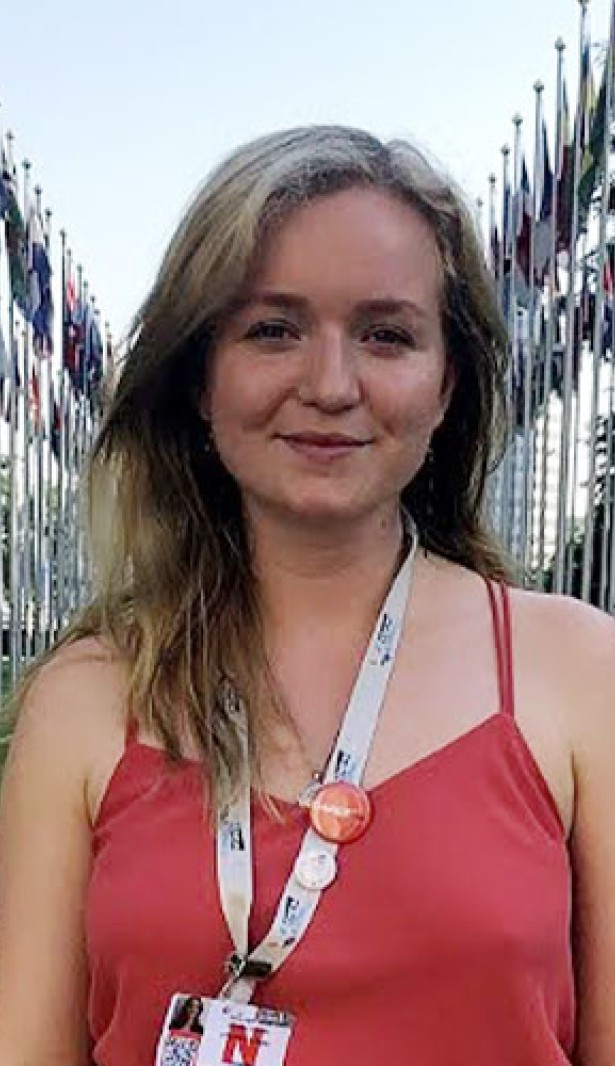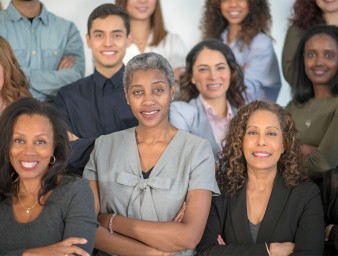Young people need their sexual and reproductive health and rights
06 May 2021

“Access to sexual and reproductive health and rights is extremely crucial for young people. It provides medical care and comprehensive sexuality education, which gives them vital information about their sexualities, sensuality and gender identities and expression. It also allows them bodily autonomy and power over their lives,” said Poppy Stanbury.
Stanbury is an intersectional feminist activist working as Advocacy Coordinator at CHOICE for Youth and Sexuality, an NGO based in the Netherlands that advocates for young people’s sexual and reproductive health and rights and for their meaningful participation in the decisions made about their lives.
“Having access to sexual and reproductive health and rights can decrease child marriage, decrease teenage pregnancies and prevent transmission of sexually transmitted infections. It is a topic that affects so many different realms of people's lives however, it is often not seen to matter as much because it is assumed to not necessarily outright affect food, shelter or health, but it really does.”
Social norms potentially hindering young people’s rights
According to recent figures from the UN Population Fund (UNFPA), 1.8 billion adolescents - people aged 10-19 years old - make up more than 16 per cent of the world’s population. Many young people see their potential hindered by social norms, cultural attitudes, institutional and structural barriers and violations of their fundamental rights by virtue of their age, as highlighted by a report of the High Commissioner for Human Rights on youth and human rights.
Stanbury pointed out that, even when they require sexual and reproductive health services, young people often face discrimination and stigma because of societal norms in countries around the world.
“As a result, that judgement feeds back into health services where young people fear that their confidentiality is not secure or that they will be discriminated against. This is particularly true for young LGBTI persons, especially in countries where same-sex relationships or trans people are criminalized, where access to recognition of gender identity is not available, or where rights to bodily and mental integrity of LGBTI youth are violated,” she added.
At the national level, Stanbury said, discriminatory laws or policies prevent young people from accessing sexual and reproductive services without parental consent, or even allow healthcare workers to deny services based of their own religious beliefs.
In April 2021, Stanbury participated in a seminar convened by High Commissioner at the request of the Human Rights Council, to discuss the challenges and opportunities for young people in the field of human rights. For Stanbury, barriers to them enjoying their sexual and reproductive health and rights remain even at the intergovernmental level because many Member States at the Council are yet to recognize sexual and reproductive health as a human rights issue.
The need for a societal shift
Yet, judging by estimates from UNFPA and the World Health Organization from 2016 and 2018, the need for a collective shift is urgent. Girls aged 15−19 years old account for 11 per cent of all births and around 14 per cent of all maternal deaths, with some 50,000 girls dying from maternal causes annually; 1 in 4 adolescent girls in that same age bracket have an unmet need for contraception; and, every year, about 3.9 million girls aged 15-19 years undergo unsafe abortions, which contributes substantially to increased maternal deaths and lasting health problems.
“The more young people learn about these issues, the more they learn that it is to do with human rights. It is so important for places like the Human Rights Council to meaningfully include and encourage youth participation, because almost every human rights discussion affects young people,” Stanbury said.
A global survey on youth and COVID-19 found that the impacts of the pandemic on young people, particularly among women, younger youth and youth in lower-income countries, are systematic, deep and disproportionate. Further, the crisis has exacerbated existing inequalities.
“Abortion services have been hit hard by the COVID-19 pandemic, which makes it ten times harder in countries where abortion is illegal. But even in places where abortion is legal, funding has been cut or services have been closed because they are deemed as non-essential,” Stanbury said. “However, some countries have been implementing telemedicine, which means that people can have medication abortions at home.”
She further highlighted that the pandemic has left many young people without the economic means to pay for products or services such as menstrual pads, contraceptives, sexual health testing and hormone replacement therapy in countries where they are not free of charge.
“Comprehensive sexuality education is often not seen as a necessity, and many schools that have moved online and do see it as a necessity have not always found a way to provide that education in a safe space,” Stanbury said. “As a result, a whole generation of young people are missing out on vital information that they need to develop healthy relationships.”
At the end of 2020, Argentina’s senate voted to legalise abortion, making Argentina only the third country in South America to legalise abortion, after decades of campaigning by pro-choice activists and lawmakers. Two years prior, Ireland’s seminal referendum that led to the repeal of its eighth amendment that criminalised abortions unless the pregnancy was life-threatening for the mother, showed a societal shift in support for safe, legal abortion.
“The more young people are empowered and emboldened to speak on these issues, especially young women, the more these topics become normalised in societal discussions and Governments start listening,” Stanbury said.
6 May 2021




